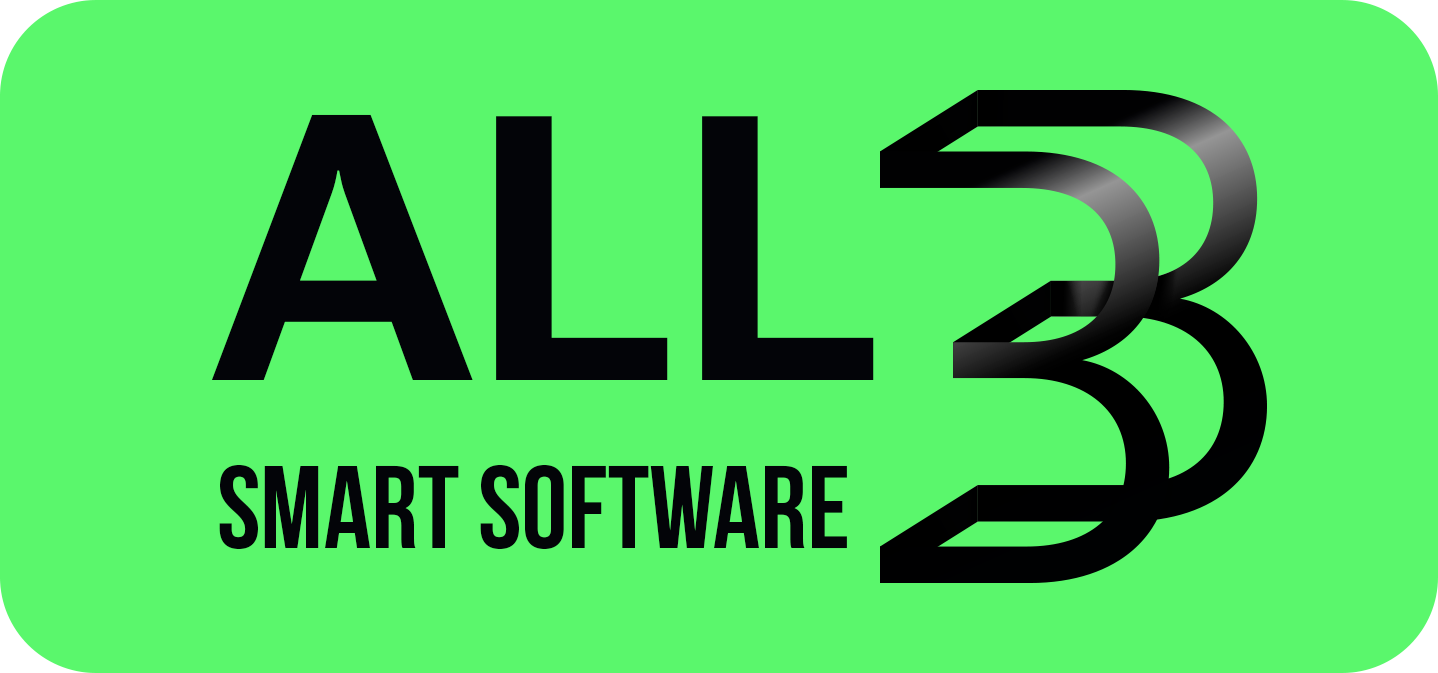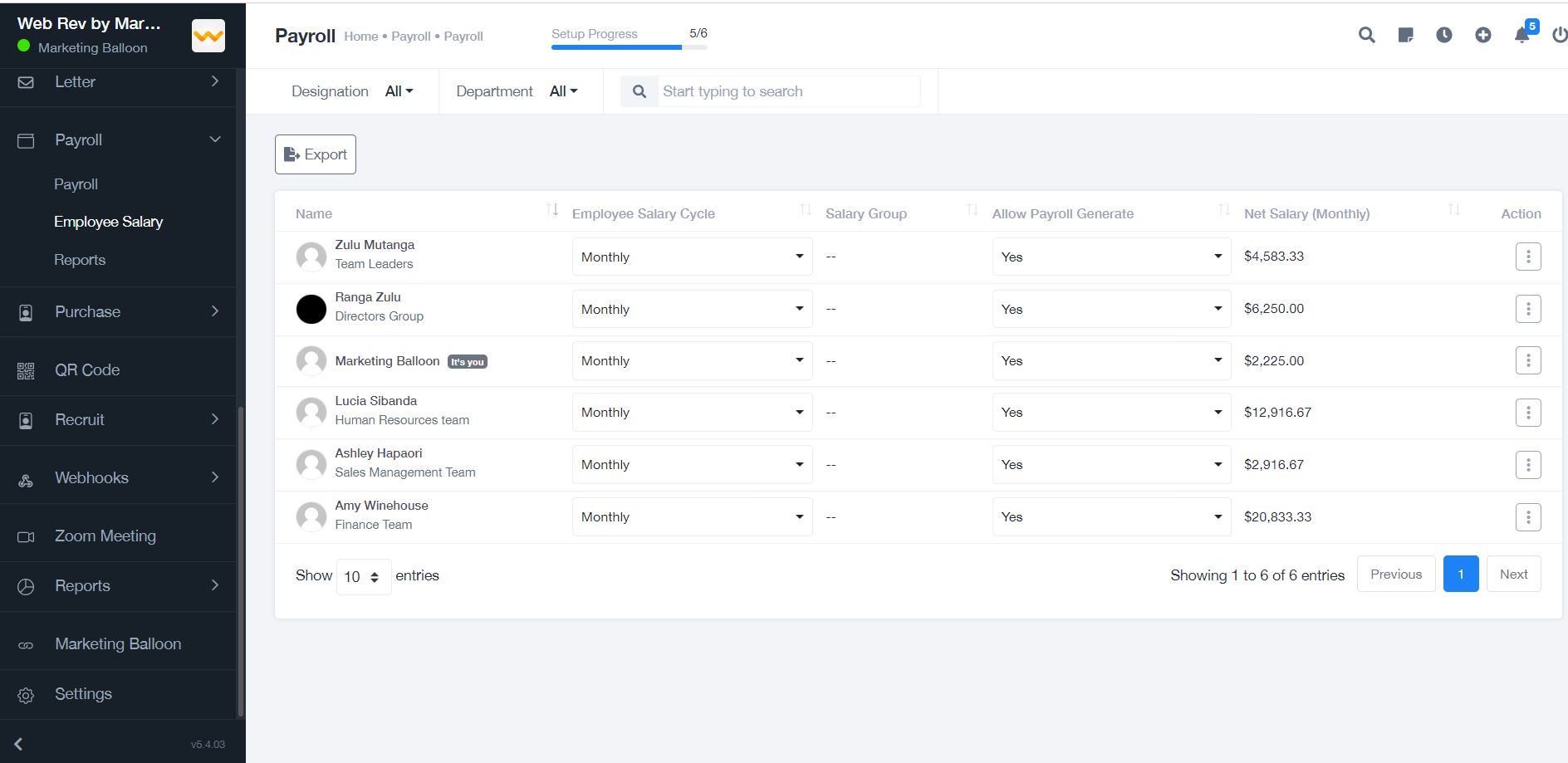Payroll Management
A basic Payroll Module is designed to handle fundamental payroll tasks, ensuring accurate payment to employees and compliance with basic regulations. While it may not have advanced features like analytics or extensive integrations, a basic Payroll Module can still cover the essential needs of a small business or startup. Here's an overview of the key features typically found in a basic Payroll Module:
1. Payroll Processing
This is the core function of any Payroll Module. It encompasses the following:
- Basic calculation of wages, including hourly rates, salaries, and simple bonuses
- Automated payroll runs for regular payment cycles (weekly, bi-weekly, monthly)
- Basic management of deductions, such as taxes and insurance
- Support for multiple payment methods, including direct deposit and checks
2. Tax Withholding and Compliance
A basic Payroll Module should help businesses comply with essential tax requirements. This feature provides:
- Basic tax calculation for federal, state, and local taxes
- Tools for managing employee tax information (e.g., W-4 forms)
- Generation of common tax forms like W-2 and 1099 for year-end reporting
- Alerts for tax deadlines and filing requirements
3. Employee Self-Service
Employee self-service allows employees to access payroll information and manage basic details. This feature includes:
- Employee portals for viewing pay stubs and payroll history
- Tools for updating personal information (e.g., address, bank details)
- Basic self-service options for tax withholding and direct deposit setup
- Support for employee inquiries about payroll-related issues
4. Integration with Time and Attendance
Integration with time and attendance systems is crucial for accurate payroll processing. This feature offers:
- Basic integration with timesheet systems to track hours worked
- Tools for managing overtime and leave (e.g., paid time off, sick leave)
- Alerts for discrepancies in time and attendance data
- Support for simple time-off requests and approval workflows
5. Compliance and Security
Even in a basic module, compliance and security are essential. This feature provides:
- Role-based access controls to ensure only authorized personnel can access payroll data
- Secure storage of sensitive information with data encryption
- Basic audit trails for tracking payroll changes and activities
- Tools for managing compliance with basic labor laws and employment regulations
6. Basic Payroll Reporting
A basic Payroll Module should offer some level of reporting for payroll insights. This feature includes:
- Standard payroll reports for tracking payroll costs and deductions
- Generation of year-end reports for tax and compliance purposes
- Tools for exporting payroll data for external audits and compliance checks
- Basic integration with accounting systems for financial reconciliation
These basic features form the foundation of a Payroll Module, allowing small businesses or startups to process payroll accurately and maintain compliance with essential tax and labor laws. As businesses grow, they can consider upgrading to more advanced Payroll Modules with enhanced features like detailed analytics, benefits administration integration, and complex compliance tools.


